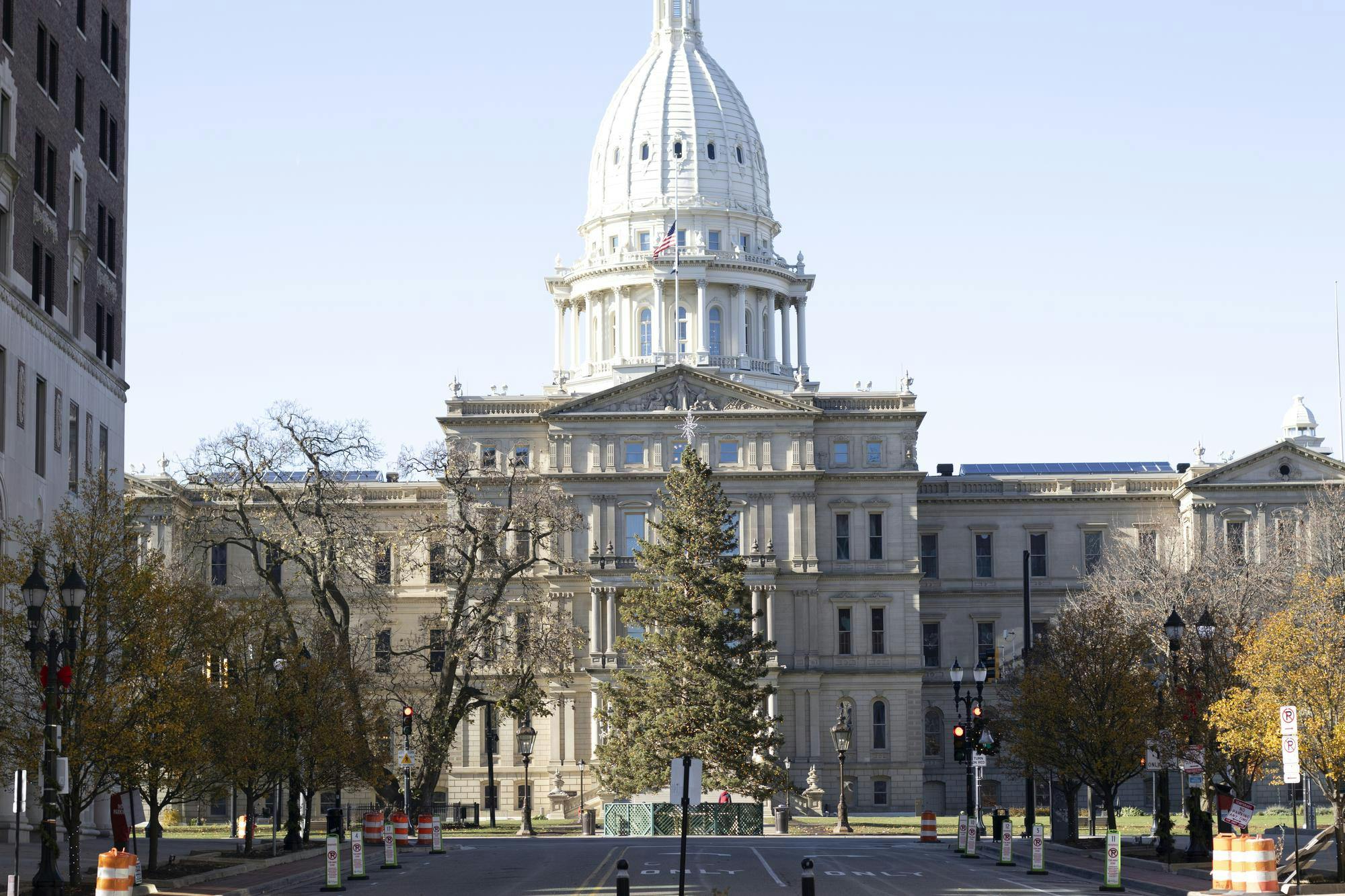As the Michigan legislature wrapped up session last month, many bills and legislative priorities were left untouched and undecided on, leaving key legislation "in limbo."
What does it mean for a Bill to be ‘in limbo?’

As the Michigan legislature wrapped up session last month, many bills and legislative priorities were left untouched and undecided on, leaving key legislation "in limbo."
What does it mean for a Bill to be ‘in limbo?’
Senior Research Associate Rob Schneider of the Citizens Research Council said that a bill described as ‘in limbo’ is “legislation that's introduced, but it never gets to committee.”
“It just sits and sits and sits,” Schneider said.
Schneider described this as “the norm, rather than the exception" for bills in the legislature.
“It's the minority of bills that actually get to a committee meeting, and then even fewer that end up going to the House or the Senate floor and going across to the other chamber to actually get voted on and maybe become a public law,” he said.
He said that bills that aren’t acted upon by the end of the first two year sessions “dies" and "they go away,” but if the sponsor wants to bring up that issue again, a new bill would have to be introduced that following session.
Schneider said that possible reasons a bill would not make it to a committee hearing includes if the bill was not on the agenda of the party in control of the congressional chamber or if it’s not high on their priority list.
The Bill of Rights for the Homeless Act
House Bill 4919, also referred to as the Homeless Bill of Rights, is one of the many bills that are currently in this state of limbo. The bill was referred to the Committee on Economic Development and Small Business, but has not moved past being introduced.
Rep. Emily Dievendorf, D-Lansing, who introduced the legislation to the House, said the Homeless Bill of Rights will prevent the unhoused population from being discriminated against by government agencies, among other protections.
“The Homeless Bill of Rights is a piece of legislation that establishes a baseline for ensuring that our unhoused communities cannot experience discrimination based on their housing status,” Dievendorf said.
The legislation proposes eight constitutional rights for unhoused communities, including “the right to use and move freely in public spaces,” “equal treatment by all state and municipal agencies,” “freedom from discrimination in employment because the lack of a permanent mailing address,” and “emergency medical care.”
The bill would also enshrine the right to “vote, register to vote, and receive documentation necessary to provide identity,” “confidentiality of personal records,” “reasonable expectation of privacy” and for minors to be “enrolled in school without delay or discrimination" to the unhoused population.
Dievendorf said that ensuring that unhoused individuals have unalienable rights is the “first, very necessary step” to helping the unhoused community.
Justice for Survivors
Bill packages 4482-4487, also referred to as the Justice for Survivors package, is also currently in the Michigan legislative limbo.
Rep. Julie Brixie, D-Meridian Twp., said that the package of bills aim to “extend the statute of limitations in civil and criminal sexual court for criminal sexual conduct or child sex abuse.”
Brixie said that the legislation would extend the statute of limitation to report a child sexual abuse crime to 52 years old and create a ‘revival window’ for survivors two years after the statute of limitations expires.
“That revival window is really important for people who were abused in the past and are coming forward later in life, only to find out that they have no recourse and no opportunity to have their day in court,” Brixie said.
Support student media! Please consider donating to The State News and help fund the future of journalism.
Brixie said that when disgraced former MSU doctor Larry Nasser’s crimes were uncovered, “the legislature had to act and open up a revival window in order for survivors of him to be able to come forward and file a claim in civil court,” proving a need for a permanent extension of the statute of limitations.
“These bills would really keep people from having to hire lobbyists to hold their abusers accountable,” she said. “It would allow Michigan's laws to be changed in a way that we aren't shielding serial sexual predators.”
What’s next for these Bills?
Schneider said that public support can be a persuading factor in getting bills out of the state of limbo and into hearings.
“If polling suggests that an issue is very popular with voters, and especially if legislative offices are having their phones ringing, that can and has had an added impact in getting bills addressed that maybe aren’t at the top of your legislator’s priority,” he said.